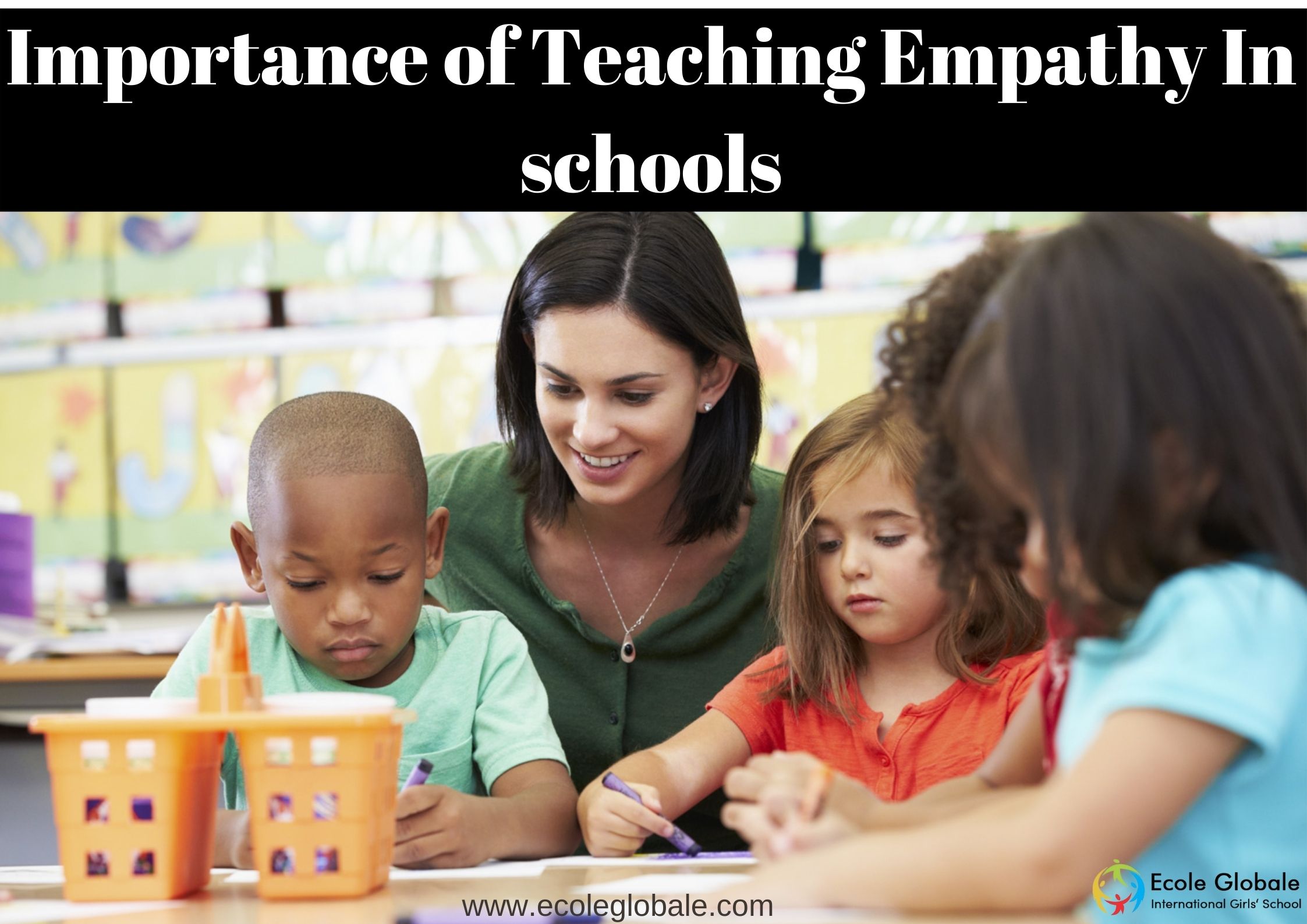Educators are the most essential component of educational establishments since their students’ futures are in their hands, hence they have a great deal of responsibility for teaching them well so that they can achieve success in life. Empathy-based teaching is a difficult endeavor. Some professors in this teaching method become excessively critical of their pupils for minor infractions, such as when kids are unable to complete homework, arrive late to class, fail to deposit money, or are unable to comprehend the lesson effectively, and they criticize or even penalize the pupils. This is the most likely cause why the teacher-student relationship weakens since there is no good connection between them.
The one and the only way to strengthen this teacher-student relationship would be for the instructor to step forward and demonstrate empathy for the kids, as well as communicate with them honestly without harboring any negative sentiments. It assists them in better understanding their circumstances, and it encourages students to openly communicate their opinions with professors without fear of punishment.
It may seem unimaginable for a professor to maintain their composure and show empathy when they have been irked with schoolchildren because there is no other way to alter the set of behaviors. As a result, some schools, primarily boarding schools in India, have mentioned that they will use courses for teachers to learn to empathize with pupils so that they would comprehend the pupils’ problems in learning and motivate kids to perform greater in school.
The Importance of Empathy in Teaching
In today’s society, educating with empathy is critical since kids are dealing with a variety of concerns such as high study stress, anxiousness, and mental health problems, and they want somebody to comprehend them and assist them in overcoming their difficulties. This is where the teacher walks in.
The following are among the benefits of educating with empathy
Since everyone is unique and it’s okay uniquely different when teachers empathize with pupils, those who are allowing kids understand that differences are acceptable. For example, some kids are good at studying while others are not, so the educator will not evaluate all students using the same yardstick. Instead, the instructor will attempt to place more hard work into underperforming students to improve one‘s effectiveness.
It promotes open communication between instructors and students by allowing them to openly communicate their opinions, and it fosters a good learning atmosphere in which educators are not irritated when teachers encounter repeated questions.
It aids in the reduction of pupil anxiety and tension. If students have rigid professors, they experience high levels of tension and anxiety because there is no space for errors, however, when teachers demonstrate empathy, kids are capable of making 100 mistakes and learning from them. It assists individuals in gaining better comprehension of the content, as well as lowering their tension and anxiety levels.
It aids in the development of trust because pupils publicly share their innermost feelings with the instructor, allowing the teacher to understand better just what the child is going through. After having to listen to the pupil, the instructor can better assist the student, thereby fostering trust between both the students and the teachers. Teachers may learn to be more empathic in a variety of ways
Pupils will learn anything their instructors teach them, therefore if teachers demonstrate empathy towards kids, kids will begin to empathize with each other as educators serve as role models. Not only does this result in a healthy ecosystem, but it also results in a better world.
Teachers can generate chances for cooperation by assigning assignments, playing a team game, or engaging in activities that allow the team to bond and form healthy relationships.
Teachers may share their own experiences with students by helping them connect to them, trying to bridge the gap between teachers and students, and allowing students to connect on a profound level, resulting in a healthy atmosphere.
How do boarding schools help students learn empathy?
A recent study determined that boarding school students do better in university and their professional lives. Boarding schools can provide a common setting for children to connect with classmates from many walks of life and cultures in a way that goes beyond the curriculum. Children gain a better grasp of society by being in a common environment, learning, and living alongside. It also teaches kids to value and accept differences between cultures.
Because pupils adjust to a lifestyle apart from their family, boarding school education gives a comprehensive perspective that is not restricted to conceptual book learning. This form of teaching aids children’s general development and growth in ways that traditional day institutions do not. Pupils in boarding schools are instilled with a sense of duty and decorum.
Because of all these factors, boarding schools provide an environment that encourages students to be empathetic to others.









